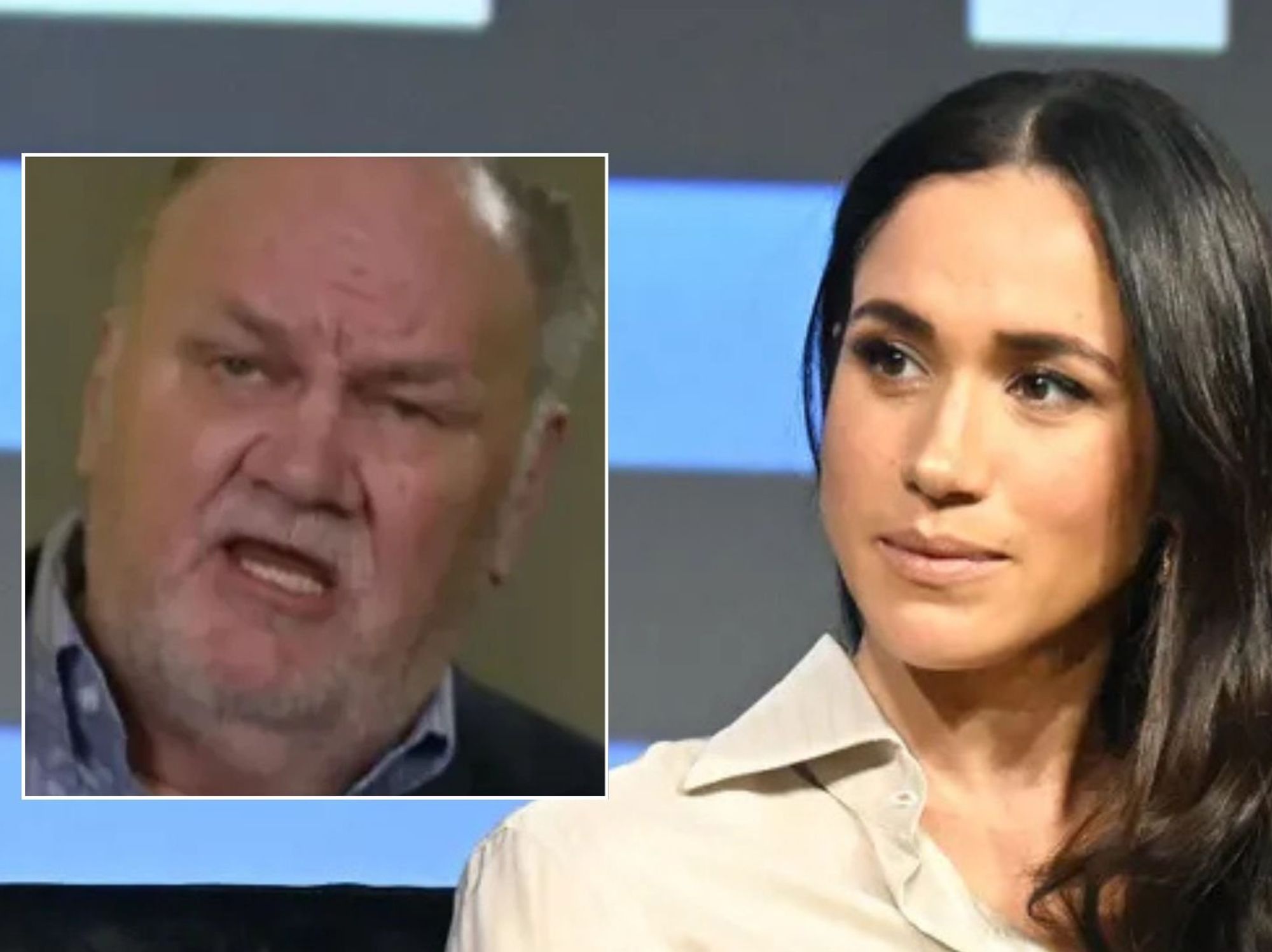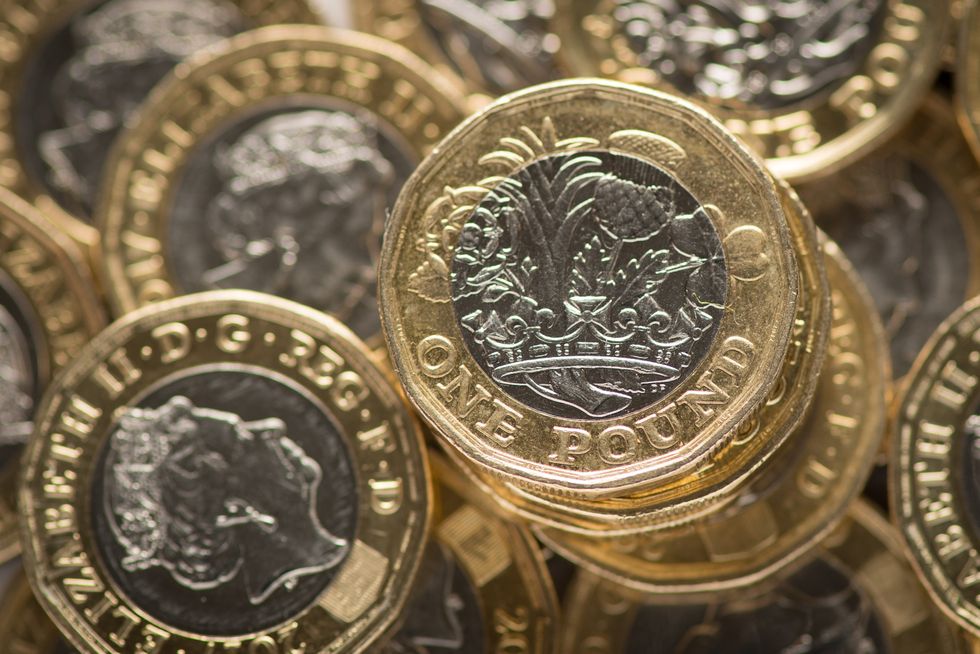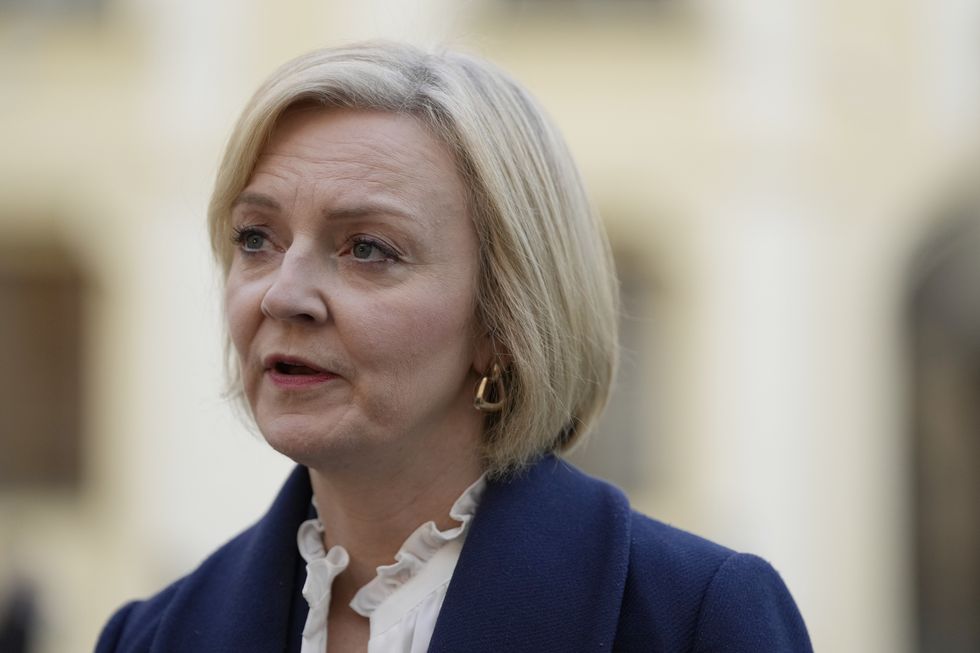Pound falls further and Government bonds under pressure despite Liz Truss U-turn
It came after a turbulent day which saw Liz Truss oust Kwasi Kwarteng after a 38-day spell as Chancellor
Don't Miss
Most Read
Latest
The pound and UK Government bonds came back under pressure despite the Prime Minister’s decision to reverse corporation tax plans as the financial markets seek further action.
It came after a turbulent day which saw Liz Truss oust Kwasi Kwarteng after a 38-day spell as Chancellor which was marked by severe volatility across the financial markets.
Trading in the pound and gilts, UK government bonds became more positive early on Friday after reports that parts of the Government’s mini-budget announcement would be scrapped.
The Chancellor’s unfunded tax-cutting plans in the mini-budget last month led to a surge in yields on gilts.
The pound and UK Government bonds have come back under pressure
Dominic Lipinski
On Friday, the Prime Minister confirmed that the Government will now reverse on over £18 billion worth of spending commitments from the mini-budget, by reversing her policy to axe the planned rise in corporation tax from 19 percent to 25 percent.
Sterling had pared back some of its early losses after the Chancellor’s exit was confirmed.
However, the pound fell back after a brief press conference which announced the reversal on corporation tax as the only major change to fiscal policy.
Liz Truss
Alistair Grant
Liz Truss reaffirmed plans to outline the Government’s fiscal strategy on October 31, alongside projection by the Office for Budget Responsibility.
After 3pm on Friday, the pound swung 1.2 percent lower at 1.119 against the US dollar.
Meanwhile, the update also sparked another jump in gilt yields, which rise as bond prices fall.
The yield on 30-year UK Government bonds increased by 2.86 percent, or 0.13 percentage points, to 4.7 percent, representing an increase in the cost of state borrowing.
Gilts had seen yields surge as high as 5.1 percent after the Chancellor’s mini-budget was announced in September, causing particular distress for many UK pension funds.
This caused the Bank of England to step in to calm the gilt markets by promising to buy up to £65 billion in gilts from those who want to sell them.
Pressure to gilts returned on Tuesday after traders were spooked by Bank of England governor Andrew Bailey’s firm message that the central bank’s bond-buying scheme would not be extended beyond Friday.
However, an increase in gilt purchases by the Bank of England towards the end of this week and rumours regarding Government policy reversals helped prices recover.
The Bank of England bought around £4.7 billion of gilts on Thursday in an increased effort to help soothe the markets and it is expected to continue with further purchases on Friday.













